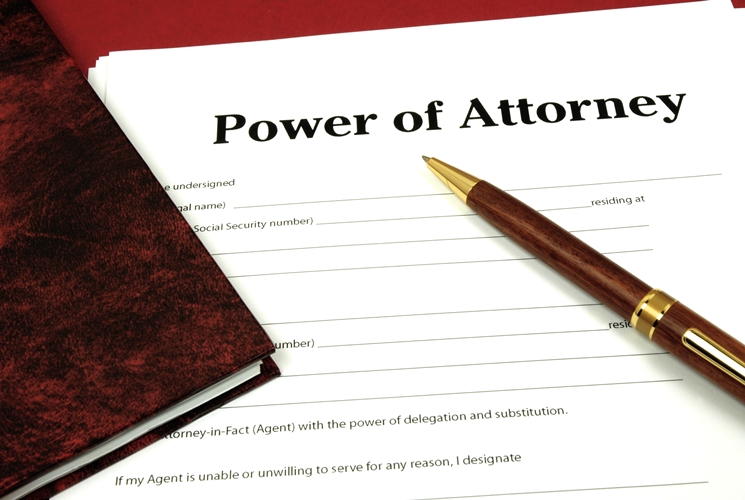Denzil Lush, a retired senior judge, has made recent comments to the press of his concerns regarding powers of attorney and their abuse. Mr Lush seemingly favours the approach of leaving loved ones and families with no option other than to apply to the Court of Protection, only once a person has lost their mental capacity, to obtain authority to deal with property, finances and health and welfare matters.
Elaine Lightfoot, Head of Private Client at McCormicks Solicitors, has concerns about the comments made this week and fears it may discourage people from forward planning and setting out their wishes whilst they still have capacity.
She says “Lasting Powers of Attorney were introduced late in 2007 to replace Enduring Powers of Attorney which were unfortunately so simplistic that they were sometimes the subject of abuse. Whilst LPAs are certainly not fool-proof and can be no 100% guarantee of an attorney acting properly and in accordance with the Mental Capacity Act at all times, with the right professional advice, they can provide comfort to clients knowing they themselves have chosen who their attorneys should be, and moreover how they should act, if required in the future.”
Elaine admits that she does come across cases where, unfortunately, attorneys have acted incorrectly but states that this is very often because the LPAs were not drawn up by professionals initially and people, innocently, have “taken over” the running of their loved ones affairs whilst their loved one is still capable. Cases where an attorney has acted in a deliberately malicious manner (eg theft of money from the donor) are, in Elaine’s experience, unusual and, again, often relate to where professional advice was not obtained on the document initially thereby leaving the donor without the necessary words of warning as to the scope of the power attorneys can have and the potential risks involved.
However, such cases, in Elaine’s opinion, should not deter individuals from making LPAs. The process is far more cost and time efficient than an application to the Court of Protection. Professional advice can assist individuals in assessing who the right choice of attorneys will be along with guidance as to how they can act and when. It is also not the case that an LPA has to be registered immediately so the donor always has a choice as to when to activate the document and the scope of the power under it.
Ultimately, the overall advantage of an LPA (whether it be for Property & Finances or Health & Welfare matters) is that it is the donor who makes the choices, on their terms and at a time when they have the requisite mental capacity.

